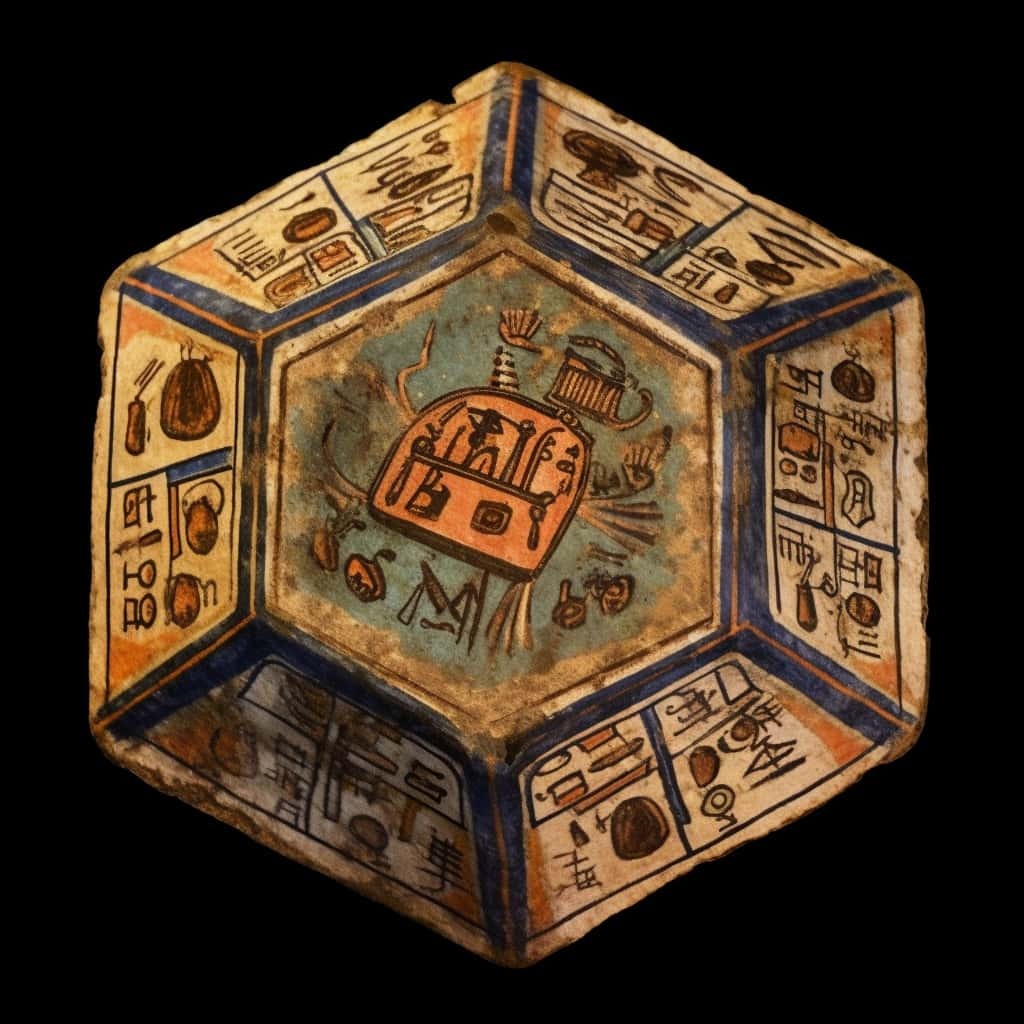Hello there! I’ve been OSR-curious for a few years now. I like sandbox games where the dice decide reactions, weather, random encounters, etc because that keeps things interesting even for the GM. Incidentally, it also works great for solo play which I like.
However, while the older versions of D&D and retro clones commonly associated with OSR are good games, they’re not my preferred type of game. I want the “powers” that newer games gives me as a player, with more mechanics per class. Therefore, I prefer games like Pathfinder over Old School Essentials.
So, while I think I have a decent grasp of what OSR is, I’m not quite sure what NSR is; my impression is that NSR means “playing in the OSR style, but with modern mechanics”. Is that correct, or maybe I’m completely off the track?


I think pandatheist at the Bone Box Chant blog does a solid job defining it here (and expanding on it in a followup post): https://boneboxchant.wordpress.com/2019/12/21/nsr/
To quote the definition, NSR games:
I think all of those things (except maybe Weird Setting IMO) cover the genre well with an intentionally broad and inclusive definition. I also think looking at examples may be most illustrative and understand that it’s more a community than one particular set of traits. Yochai Gal (of Cairn fame) has a great article on this very idea: https://newschoolrevolution.com/2022/05/04/the-new-new-school-revolution .
This is a good answer. As the blogpost says, I would separate the NSR design community and the NSR philosophy into two related but distinct categories; essentially what @Enfors@lemm.ee suggested is correct. Cairn for example is very much an “OSR game” in that it focuses on lethality, problem solving, critical thinking, emergent narrative, and so on. But it eschews B/X compatibility (not even close!).